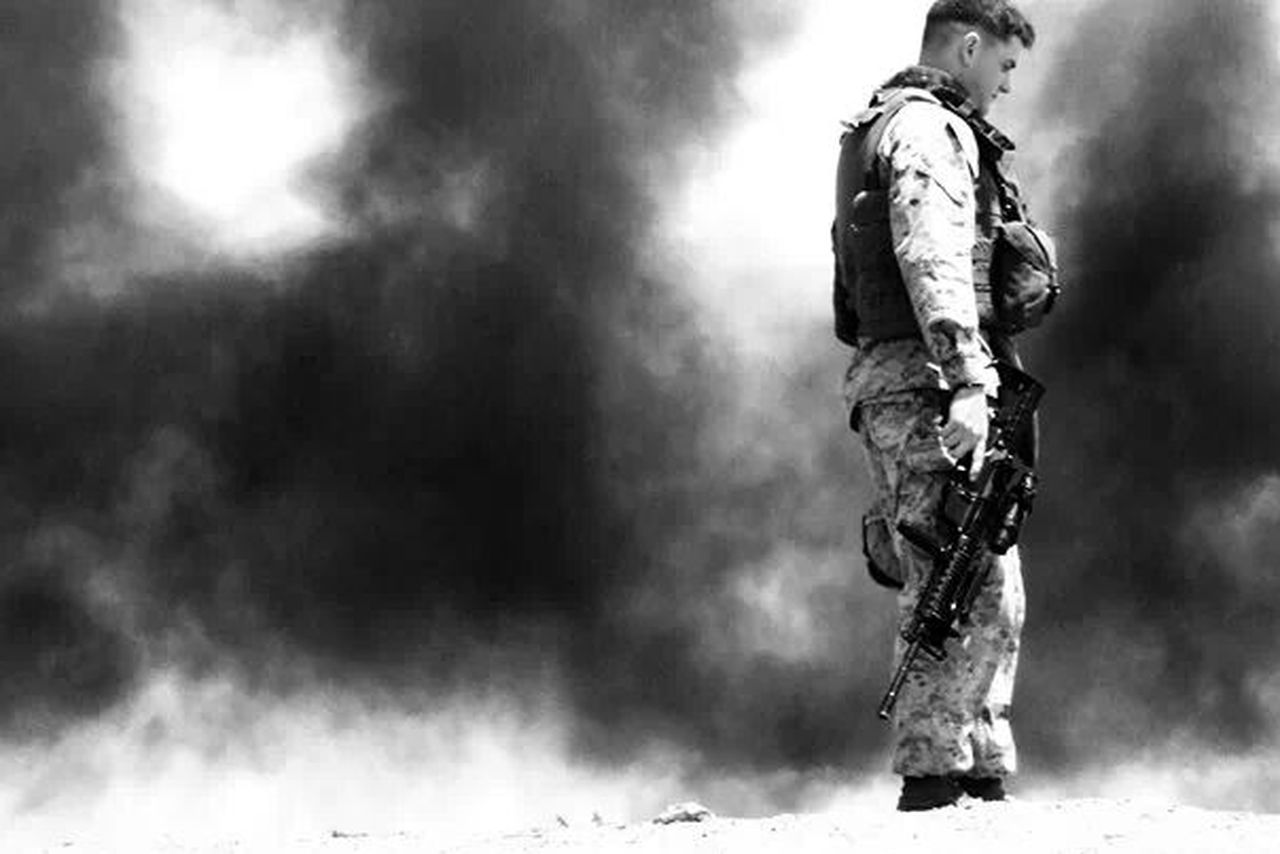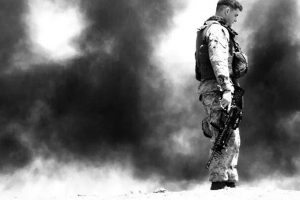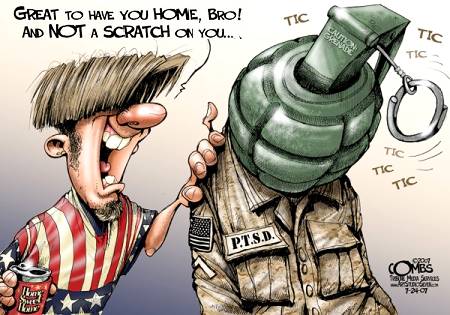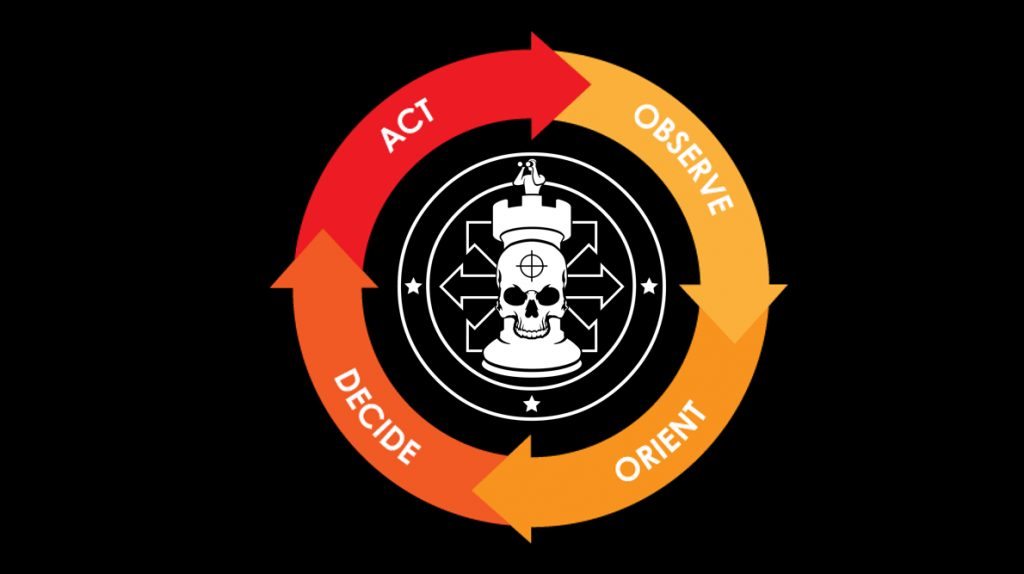It took me a long time to decide to write this. Partly because I had to put some personal things into words. Things which I, like many of us, almost take for granted, except as normal and enjoy as functional. Putting these concepts into a tangible and explainable, sometimes seems weird. But I figured if it helped me somehow by writing it, maybe it will benefit someone by reading it.
Sometime ago I was at a large, well-known waterpark. I was in the pool holding my, at the time 2-year-old son, and the pool was full of parents and kids enjoying a nice retreat from the winter weather. Suddenly, we all heard a loud screech of a lifeguard’s whistle. I looked over to where the young and probably well-trained lady was standing, as she pointed to the water, and noticed what looked like a toddler going to the bottom.
So far the whole process has taken fractions of a second. In another fraction, I glanced at father with his child within feet of me, and from noticing them earlier decided in my mind that I will hand my son to him, and will go after the drowning baby or assist the lifeguard with CPR. Still just under a second or so. As I made this decision, I just as quickly realized that the “baby” was a mannequin dummy, and that the whole thing was a test by the water park management for the lifeguard on duty. I was angry.
And it seemed like I was the only one. Part of my anger was due to the lack of common sense in someone’s bright idea to gauge a lifeguard’s readiness by doing a surprise test in a water park full of people. Part of it was probably years of instinct and training rolling into a self-destructive realization that I would have had to give my own son to a stranger, so that I could help another kid.
A decision which was sound overall, but this did not stop me from beating myself up mentally. I thought about telling the manager of the place about my frustration with their policies, but decided against it. Instead, I vented to my wife and went on about our day. Why bother? Who is it going to help? – I thought. I realized nonetheless that there may have been other people in the area, with life-experiences similar to my own, who may have been effected by this. Experiences of life –saving, lives lost, combat, blood, anguish, recovery, and learning.
For those of us who may at one time or another had to make a difficult, or unwinnable decision when every element of the equations seems to be against us, people often apply labels or diagnosis. PTSD is a common one. Post-Traumatic Stress Disorder. It has taken years to recognize and generations to accept. Our veterans and veteran advocacy groups have led the charge to do this, very slowly followed by first responders and law enforcement.
Sadly, the later realization has been so slow, that every day people are being given this diagnosis and more importantly resources to address it, before those with what can be described as extraordinary or outside the norm events. It should be noted though, that a lot of those who you would expect to find in that group will never put themselves there willingly. Because to them it’s normal, and you will see that this is a good thing. I highlighted “disorder”, because for some – perhaps a minority with a different approach, this isn’t a negative, and the word disorder is quite opposite of the tangible benefits these experiences bring.
I say this in no way to demean those who traditionally perceive this or struggle to make it otherwise. I say it so that those brothers and sisters can consider themselves in a positive light of honor and resilience. In fact, I would rather refer to this as Post-Traumatic Growth. I am sure you’ve heard that before. The experiences you have been through make you unique, give you direction, strength, perspectives on life which no one else has. Nor should some people have them, because you – us, are “The few… The Chosen Few”, and it should stay that way.
No doubt the experiences you are thinking about as you read this are traumatic, but you have what it takes to make them work to your benefit. You can, because it has been done, and your colleagues, your brothers and sisters in arms can show you how to do it. You see, it’s so hard for some, because after being taught the repetitive skills of perfectly clearing a room and addressing a threat and securing your objective, no one has truly taken the time to give you the same number of repetitions to deal with the mental and emotional changes after the mission is complete.
You probably sat through debriefs, interviews, mandated training, watched videos and made fun of how cheesy some of them are. But truly, honestly, no one has made your mind relate and believe what your body has so efficiently and effectively accomplished. We are wired different. Some have adopted through their experiences, grew on them, and embraced a slightly different perspective than the majority.
That’s why things which seem normal to us, to which we hang on because they have saved our lives and the lives of others, seem comfortable. Some of us are wired in such a way that we seek and embrace the experiences which expose us to more of the same, and force us to train, practice and employ the tactics which more or less defined us for some time. It’s ok. It’s cool to be wired that way, because they world would not be a good place if some people didn’t have the internal strength, the tenacity and the desire to be that way.
You have probably read or heard about Colonel John Boyd’s OODA Loop.
The phrase OODA loop refers to the decision cycle of observe, orient, decide, and act, developed by military strategist and United States Air Force Colonel John Boyd. Boyd applied the concept to the combat operations process, often at the strategic level in military operations.
And probably didn’t get too much information on the man himself, or how he came up with the idea, or what the complete idea is. Well, as the saying goes: “Google that shit.” Because books have been written on it, and it does a great disservice when some wanna-be bad ass brings up the term without a clear credit or understanding of it’s true design.
But while this process of Observe, Orient, Decide, Act might have been drilled into you during missions, have you thought to apply it to everyday life? Try it. It works for you as a troop or a cop or a medic and a regular Joe because you believe it. Because it makes sense to look at things this way, to problem solve, and to grow post-traumatically.
In fact, Boyd intended his OODA Loop knowledge to be applied to everyday life, and on a continuous basis. The idea is that your learn, grow, adjust, and are better and more effective as a result. I’ll say it’s more than a coincidence that you have heard about it already. You’re wired differently because you chose a path of honor and service. It’s a unique ability to be able to embrace this. Few select elements of cultures throughout history have done so. You are part of one. Use it to your advantage.
Image from Redcross.com
Image from Spotterup.com





